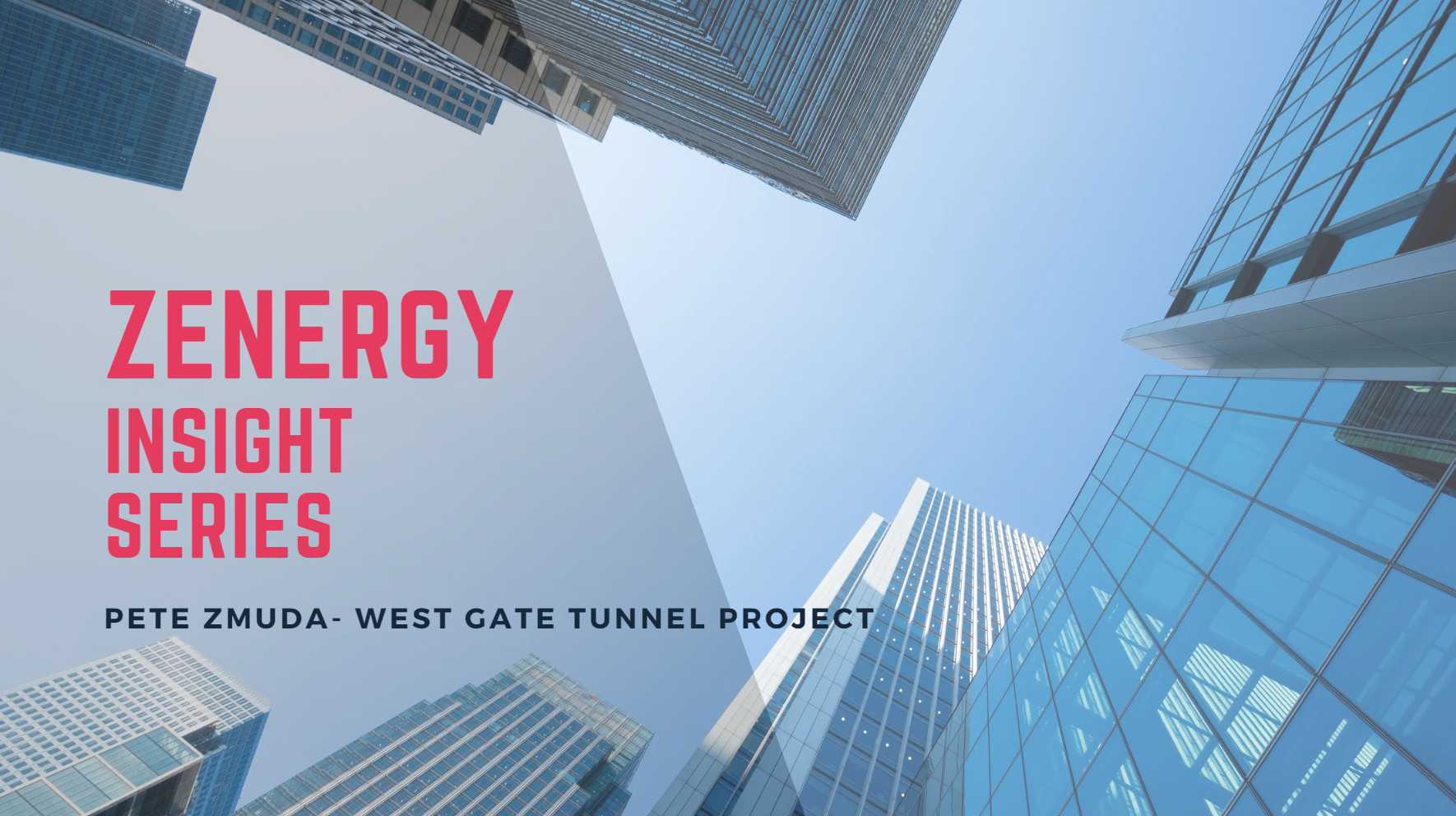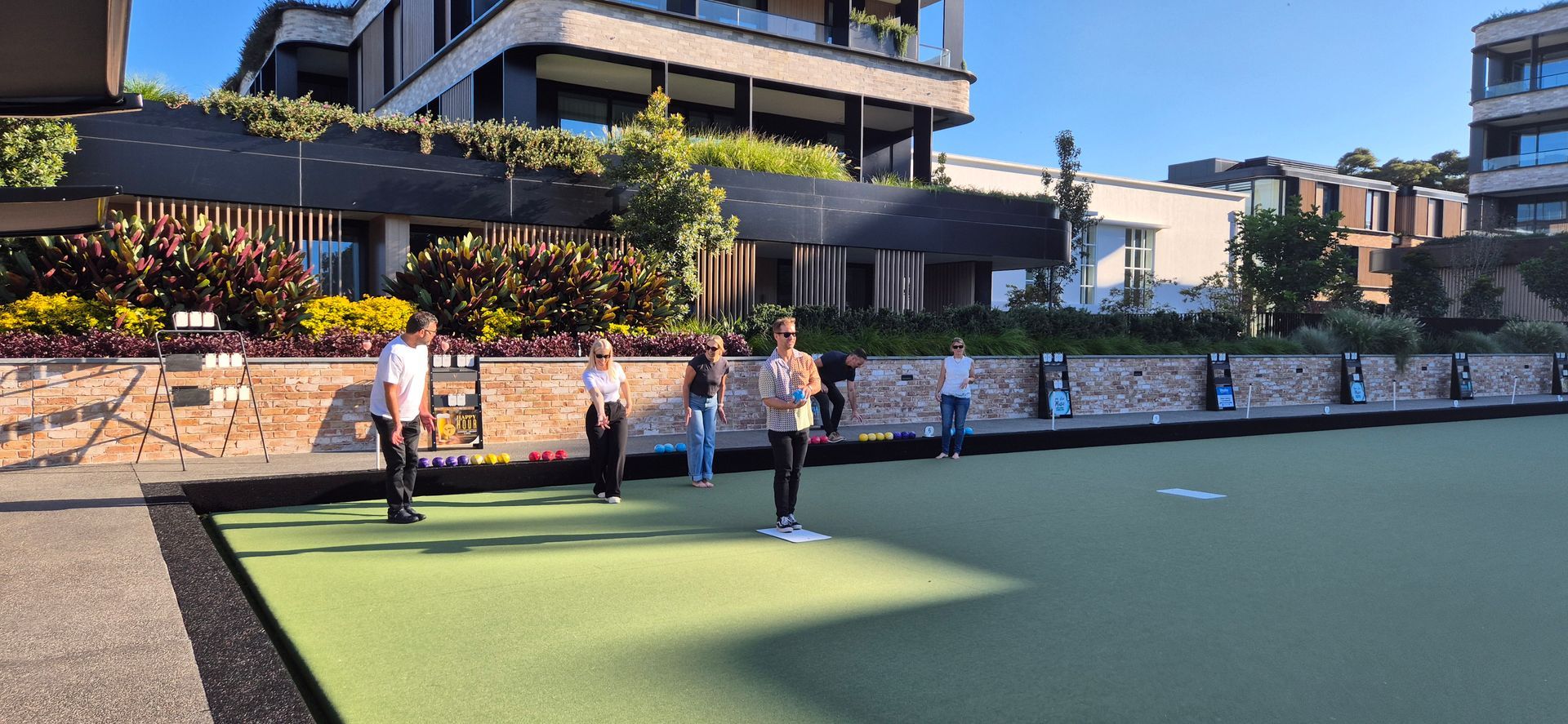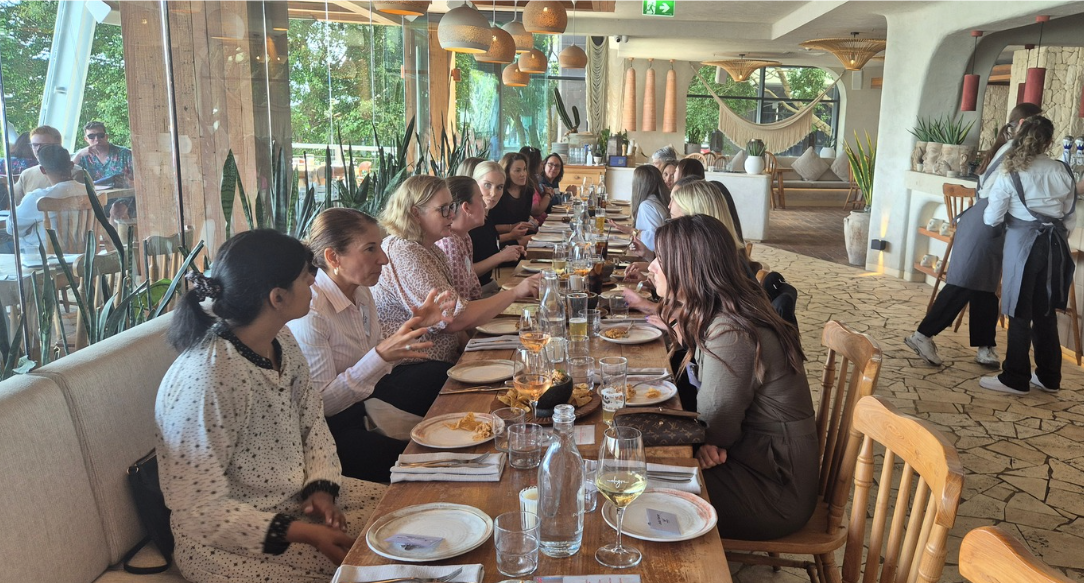Change Room – Mindset and Wellbeing program ANZ Stadium
On the 29th March, Zenergy provided industry leaders with an insight on the greatest impact on employee’s performance through an interactive session at ANZ stadium. Matt Elliott and John Daley understand the consequences that exist in both the sporting and corporate environments and provided participants with an understanding of the lengths that sporting environments go to achieve player resilience in this area.
There is so much analysis and focus on player performance that it is very easy to identify the commercial consequences of; off field distraction, disengaged commitment to leadership vision, lack of clarity of role responsibilities and the accountability of actions.
Through Matt’s coaching career and corporate industry experience, Zenergy has developed a Mindset and Wellbeing program to address the cause of these above issues that are becoming increasingly prevalent in corporate environments. Leaders were provided with the steps involved in this holistic program as well as the commercial and social outcomes of getting it right in this area.
Zenergy’s WHS Leaders forums are a natural component to our broader goal of supporting the WHS industry to highlight and promote leading company performance. Our determination to share this knowledge across industry is what drives us to invest heavily in initiatives like this one.
We have been overwhelmed with the feedback and participation through the interactive session that has sparked wide ranging discussion on how the principles apply and enhance existing operational strategy.
Give us a call on the numbers below for further information about Zenergy Group and how we are enhancing our client’s performance.
1 comment
Drew Frenken
Hi guys just wanted to say what an awesome and inspiring program you have. Im not going to lie, it was abit daunting to not know what i was going to get out of this, where this was going to help in my life and how this was going to change me and my ways…….. but WOW ???????????? IT WAS AMAZING!!!. I could not get enough of it.
After having a work accident back in may 2017 and 3 surgerys on both my knees my value of wellbeing dropped dramatically. Things i used to do on a daily basis now was out of my control. I felt like my body was breaking down around me and i had no one to turn to. My health was slipping away, i used to sit on the lounge 24 hrs a day,7 days a week not knowing what to do from here because i am experiencing chronic pain to both my legs. The doctors would just prescribe pain killers and nerve pain killers box after box. I was not going to be there test dummy so i tried to block 80% of the pain out.(to this i still do)
Fast forward 1 year. My depression was chasing me, i still have no direction on whats happening and when i will recover from my accident. Been told by the doctors to loose weight and quit smoking i was thinking how dare they say this. “After what ive just injured, is this all you can come up with” were my exact words. Mind you i had gone from 91kg to 115kg in 1 year. So i set out to include gym into my program and hydrotherapy.
Then 1 day i had a call from my insurance stating they have a program that i might like to go to called The Change Room . I paused for a minute on the phone then began to question the insurance why??? “Whats this going to do for me”? “How is this going to fix my legs”?
They pleaded to me to just go to it.
So i started this program on the 12th of june 2018. I was worried. I did not know what i was getting myself into. “How can these guys help me” was all i was playing through my head just before i entered through those doors.
BUT……….. WOW ????
From the first time i walked through the door i was greeted with compassion and respect.
To have ppl you have never know look after you and insure you that everything was ok was out of this world awesome!!!!. The mentors on day 1 i will never forget you guys. You have changed my life in a big way. Not only eating healthy but my mindset and the way i think about my next step is so much clearer. Yes im not 1 to brag but from day 1 to day 7 i had gone from being 115kg to 111.8kg and that was just me cutting my dare iced coffees out!
My mind is so much clearer now and here i am now busting goals on my own. I also like to thank the mentors on day 2 . Very inspirational also. To see how our minds work is a crazy thing. But this has helped me get my mind on track.
I look forward to contacting you all to show you my progress as im probably more excited than anyone to see me change my ways of life now for a better 1.
Thankyou
Drew
Comments are closed.
Contact Us
We will get back to you as soon as possible.
Please try again later.
Zenergy News
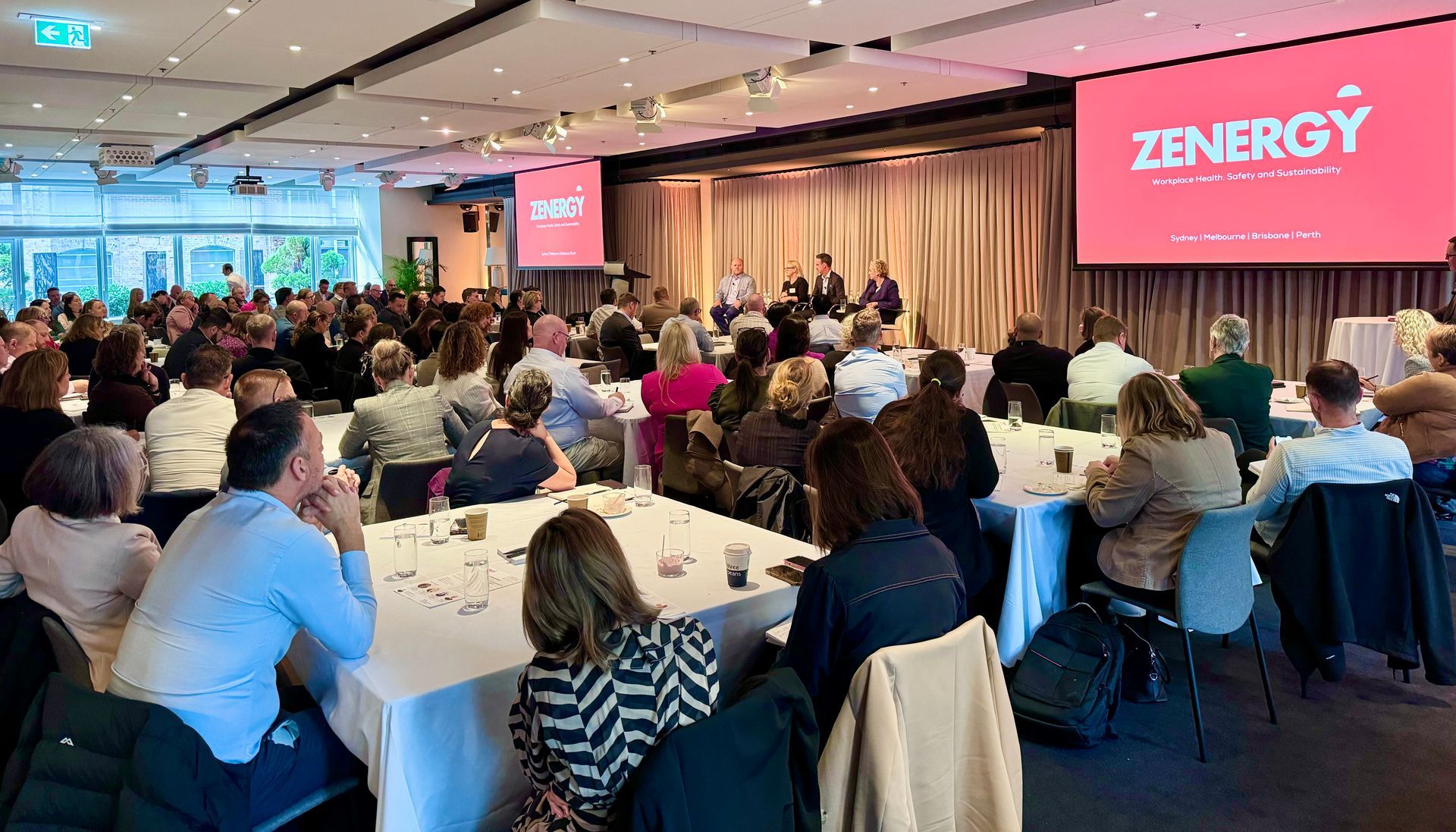
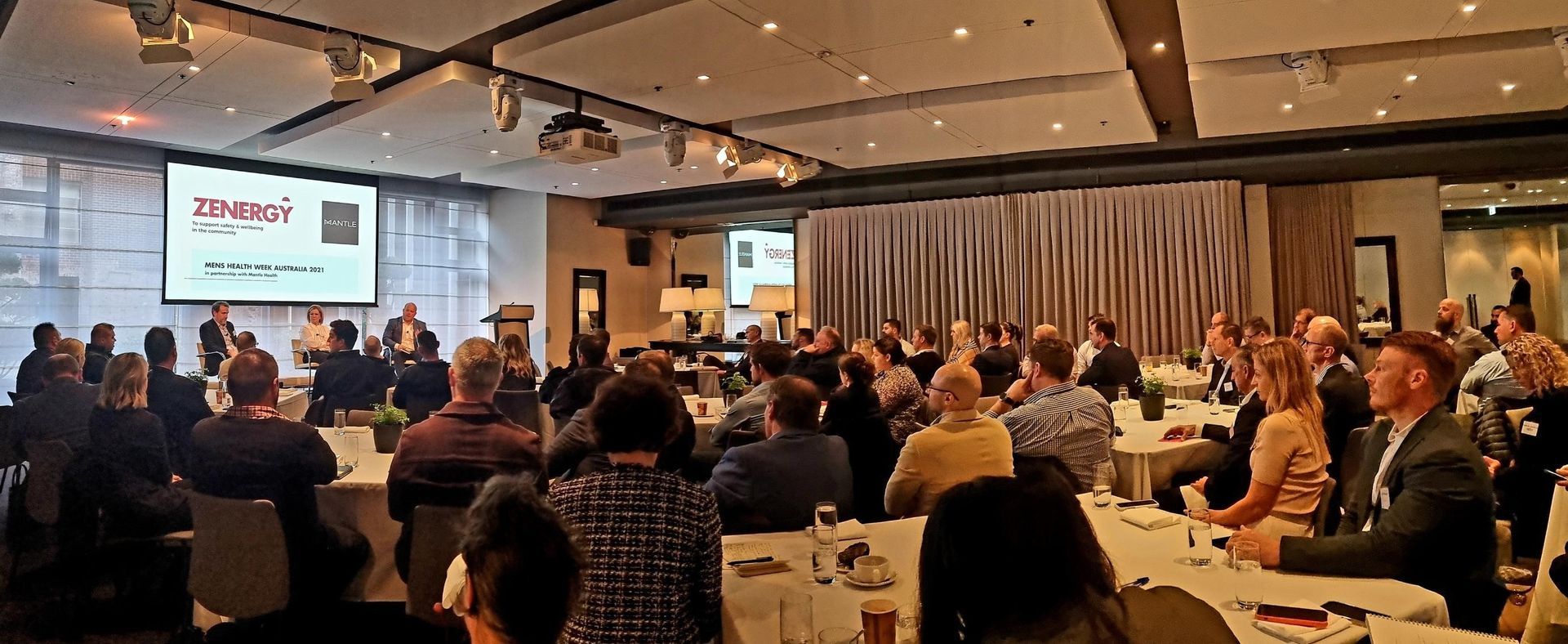

Contact Us
For more information on our services feel free to email us on -
info@zenergygroup.com.au or call 1300 333 400
Sydney
25 Brisbane Street
Surry Hills
Sydney NSW 2010
Melbourne
Level 23, Tower 5, Collins Square
727 Collins Street
Melbourne VIC 3008
Brisbane
Level 54, 111 Eagle Street
Brisbane QLD 4000
Perth
Level 25, 108 St Georges Terrace
Perth WA 6000
Recent News


© ZENERGY 2022 | Privacy Policy |


